Academics
UCI is a top institution for undergraduate and graduate students to explore their studies and research. This is especially true for students looking for sustainability education and research opportunities. Students that are looking for these opportunities can find a quick view of courses, degrees, and other relevant related to studies below.
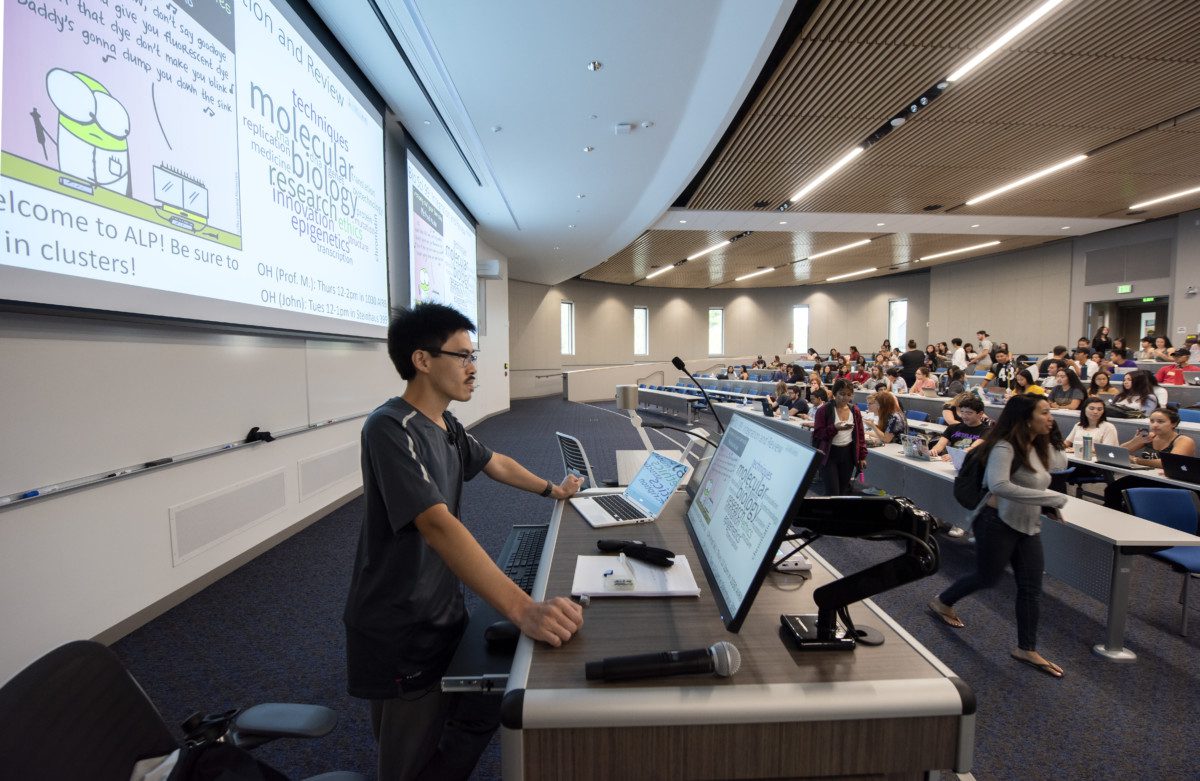
Sustainability Courses
UCI tracks the courses provided that are sustainability-focused and sustainability-inclusive.

Sustainability Degrees
UCI hosts multiple degree programs for undergraduate and graduate studies related to sustainability.
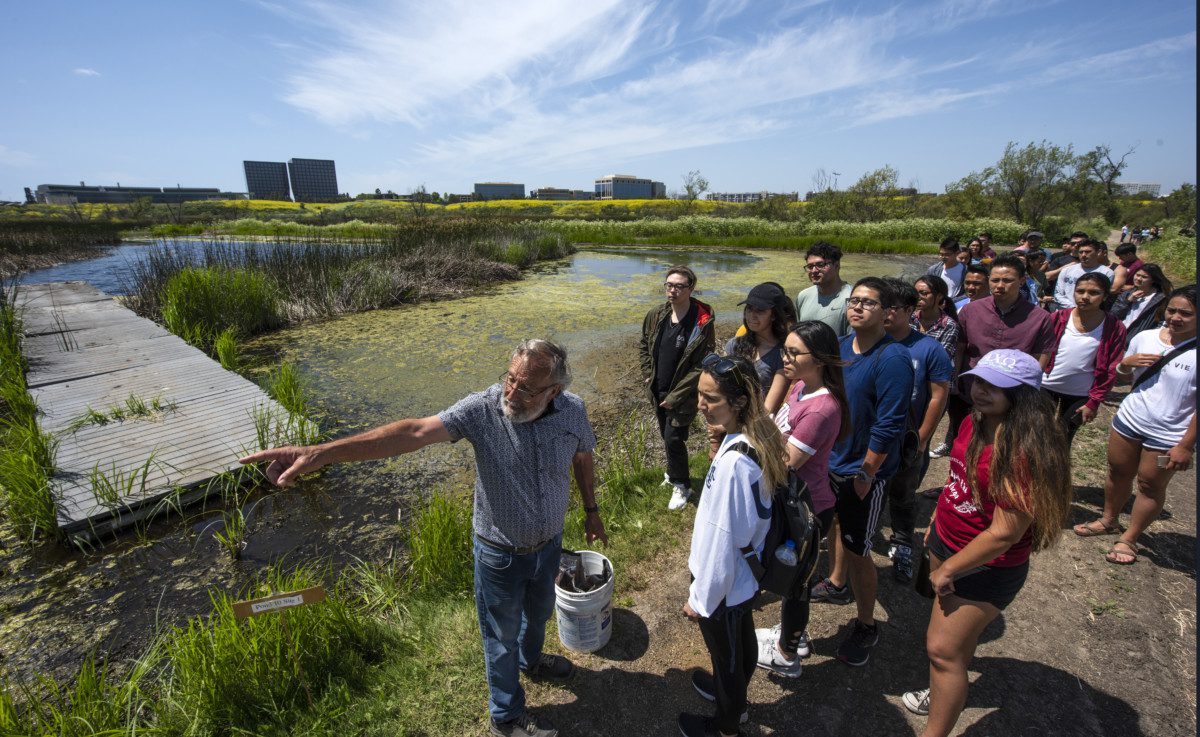
Global Sustainability Minor
Interdisciplinary minor in Global Sustainability open to all UCI undergraduate students. This minor trains students to understand the changes needed for the human population to live in a sustainable relationship with the planet.
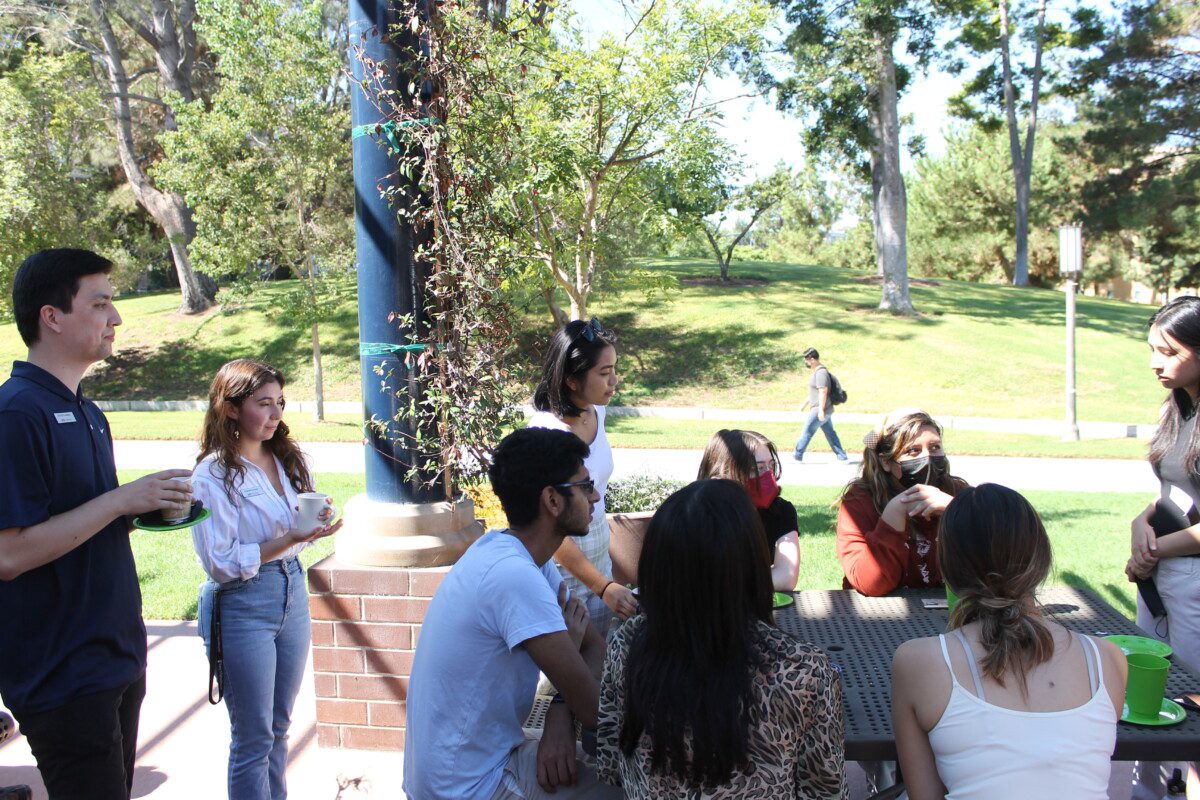
Campus as a Living Lab
Academic credit for on-campus sustainability internship. Coordination and oversight provided by the UCI Sustainability Resource Center with site placements in multiple units across campus.
Sustainability Learning Outcomes
Understand the fundamental environmental, social, and economic issues underlying sustainability.
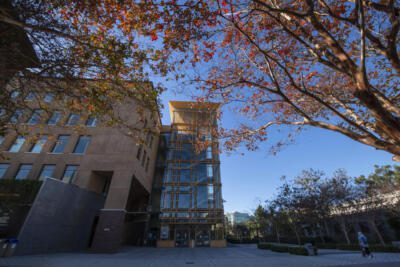
All UCI students are exposed to the broad issues that support sustainability through two required general education courses with learning outcomes that address the fundamental science and societal aspects of sustainability.
Learning Outcomes for GE II
(Science and Technology)
– Demonstrate a broad understanding of the fundamental laws of science, the principles underlying the design and operation of technology, and the interrelations among science and technology disciplines;
– Demonstrate a broad understanding of various natural phenomena that surround and influence our lives;
– Describe how scientists approach and solve problems;
– Solve problems and draw conclusions based on scientific information and models, using critical thinking and qualitative and quantitative analysis of data and concepts;
– Explain the scope and limitations of scientific inquiry and the scientific method.
Learning Outcomes for GE VIII (International/Global Issues)
– Demonstrate specific knowledge of the cultural, historical, social, economic, scientific, and political aspects of one or more foreign countries, and the connections among these aspects;
– Develop a broader understanding of the formation of different cultures and countries through the world;
– Be prepared to engage in positive interaction with peoples of different cultures and nationalities.
Enhance the student learning experience through the integration of sustainability principles into collaborative learning, practices, and operations.
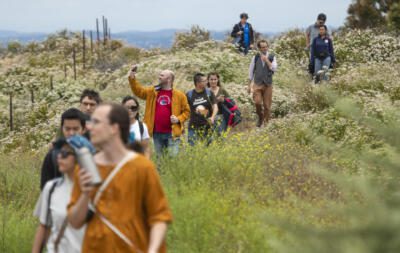
Recognize that significant societal challenges including health, energy, food, climate, and water, are addressed through interdisciplinary academic collaboration.
Experience problem solving and collaboration using the campus as a living laboratory for sustainability.
Learn to apply sustainability principles into all aspects of campus life and operations.
Experience working together with students in converging fields to foster collaboration between disciplines to arrive at solutions.
Deepen the learning experience associated with sustainability to align with the needs of students as they leave the University.
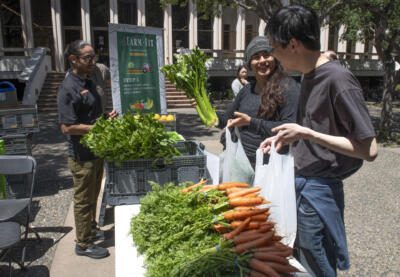
Develop an ethos of sustainability from in-classroom and outside of classroom learning.
Learn to embrace sustainability as an everyday part of student life and leadership through the collaboration of academic sustainability learning outcomes with Student Affairs leadership learning outcomes that integrate the environmental and social aspects of sustainability.